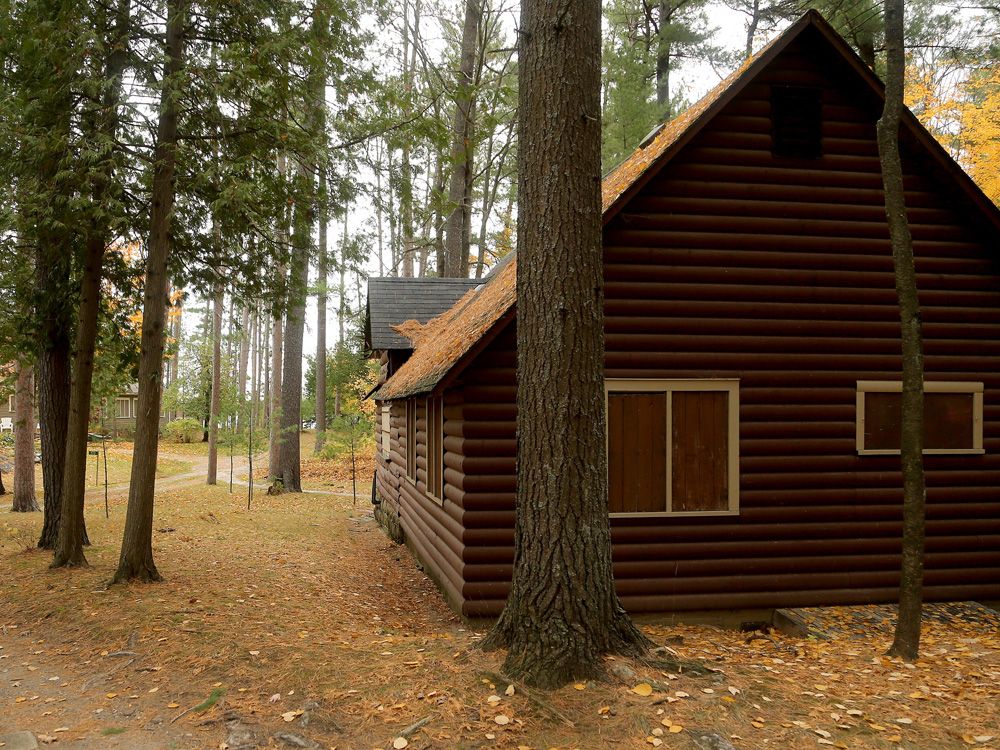If the seller hasn't been in the market for half century and they're told the $20 K property they bought is worth a million they could jump at it.This exactly the agent usually talks down the seller telling them it isn't worth much then they or a buddy buy it.
Sent from the future
A friend lost out big time when the family home got sold. The executor lived in Boonyville and jumped at a million, selling the property, thinking she had hooked a sucker.
The property got flipped a couple of times before the house got knocked down and a mega shack built. The lot was close to two million.
My B-I-L was shopping for a cheap set of wheels and got talking to an older gent that had a 10-12 year old, well cared for, low mileage CRV. The old guy complained that he was going to buy a new one but the dealership was only going to give him $50 for his. B-I-L offered him a lot better than the dealer's slap in the face and got the car.
If a person has a target area and house style they could use the same logic. Fair price, as is, no real estate, open to closing dates, flexible financing options. Of course if real estate gets wind of the deal there will be promises of bidding wars over the moon.
















